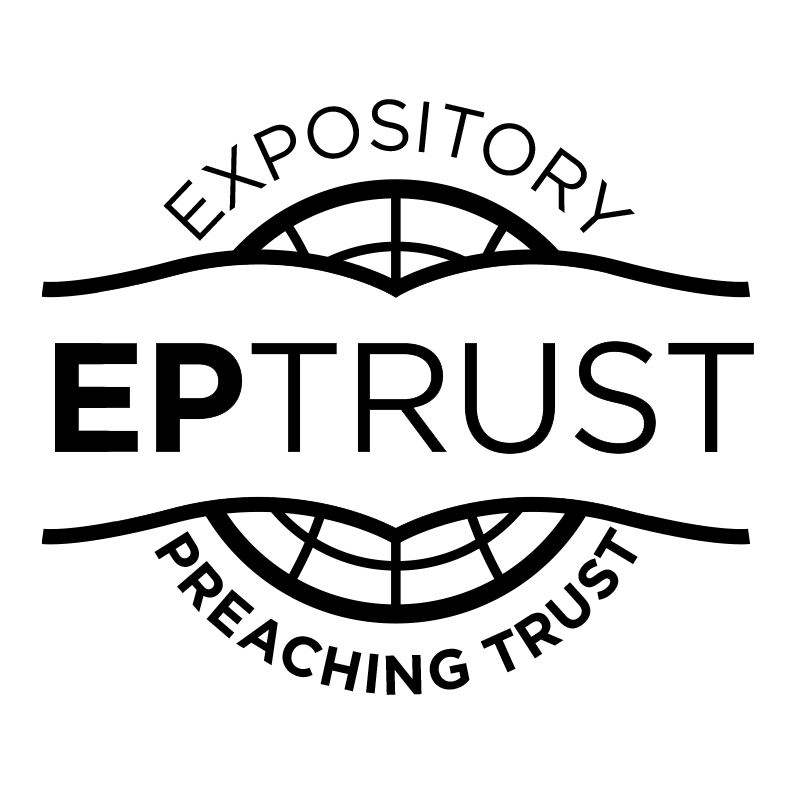Central to our Christian faith is our conviction that the Bible is God’s book, the book through which He reveals Himself, His will and purpose.
The very first clause in the ordination vows of Elders and Minsters relates to the ordinand’s conviction about the Bible.
The most important reading in any class preparing people to preach is to read what the Systematic tomes teach about the doctrine of revelation.
Preachers need to understand the nature of the book they are to spend a lifetime preaching, so whether it be Robert Reymond or Wayne Grudem or Kevin DeYoung, the preacher in training needs to understand the inspiration, authority, reliability and sufficiency of God’s Word, the Bible. It is a constant battle keeping the Bible, and therefore God, central in our ministry and lives. We may be losing the battle!
I have noticed three unhealthy trends.
Firstly, I was discipled in a liberal Presbyterian atmosphere where I was told that when I pray I talk to God. Then I was urged to be silent and give God the opportunity to talk to me—I needed to learn to listen for His voice, what I would hear was at best a hunch. What I should have been told was to pray and talk to God and then read the Bible, understand it rightly and so hear what God says to me as a certainty.
These days I am hearing a lot of the old urgings, to take time out to listen to God. What does this mean, if not to take your Bible and prayerfully and carefully read it, noting context, meaning of words, literary genre and, putting all that together, I have the speech of God to me. If that’s what it means to listen to God, then that should be said—things which go without saying, need to be said!
Secondly, in the way we do public evangelism. I hear a lot about cultural and emotional sensitivity, but what I need to hear is that the agent which God’s Spirit uses to convert sinners like you and me is His Spirit inspired Word. We may talk about cultural adaptation or expositions of real life situations, but if people are to be saved they need to hear God’s one and only gospel.
We need to strive to be engaging with our audience and seek to illustrate in a contemporary way, but this strategy must never displace the truth but must be like John the Baptist—not attracting attention to itself but rather attracting attention to the truth and the attractiveness of Jesus.
The gospel is the power of God to save. Don’t sideline the gospel in a swamp of communication theory and expect that people will be authentically converted.
Thirdly, there is a drought of ministerial candidates—where do the candidates come from?
It is not simplistic, but it is theologically and historically accurate to say that where the Bible is preached in a faithful and engaging way, people will be coming forward to train for ministry.
In the 1970’s it happened through the ministry of J. Graham Miller at St Giles, Hurstville; in the 80’s, through the ministry of Phillip Jensen at the University of NSW.
Having recently spoken with Dr. Ian Smith, the Principal of Christ College, he confirms that the major sending churches of candidates today to the College are churches where the Bible is systematically, faithfully and engagingly preached. All three are vital: systematic, faithful in exposition, and engagingly communicated. I know the pastors of these churches and they fit that description precisely.
Where that preaching does not happen it is a rarity for a person to want to give their life to ministry, but where it happens week by week, men and women will hear and be convicted that this is a worthy calling, a productive use of one’s life.
The preaching of the Word of God is the vital means God uses to save, to edify and to challenge a life commitment.
The Expository Preaching Trust, which you can access at eptrust.org.au, has assembled a panel of preaching mentors including David Jones, Stuart Coulton and others, who are available to help preachers old and new.
The details of these mentorships, which are available free of charge, are available on the website in the blog, ‘Preaching Mentorships’.
For the sake of the lost and the found, the Bible needs to be kept in the central place in our private and public lives.
Listen to Spurgeon in the Metropolitan Tabernacle:
‘The Word we say, is the only sword which the Spirit uses. I know the Holy Ghost uses gracious sermons; but it is only in proportion as they have the Word of God in them. I know the Holy Ghost uses religious books; but only so far as they are the Word of God told in other language.
Conviction, conversion and consolation still are wrought by and only by the Word of God…In contending against the powers of darkness, “The sword of the Spirit is the Word of God”. “It is written”, is His master stroke. Words which God has spoken by holy men of old, and has caused to be recorded on the sacred page—these are the battle axe and weapons of war of His Spirit’. David Cook


